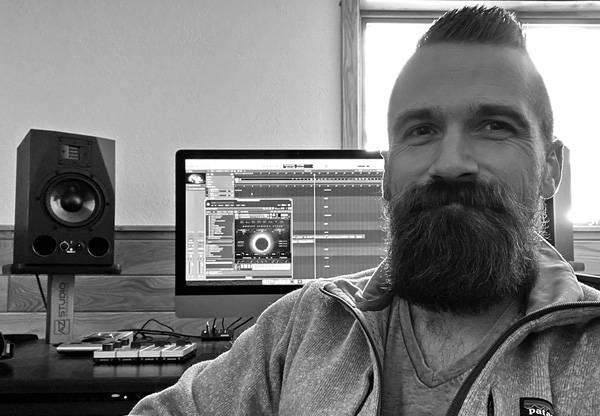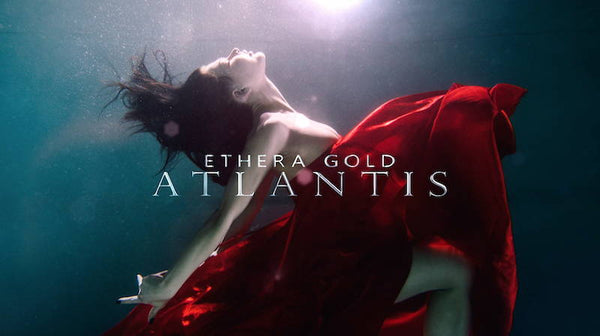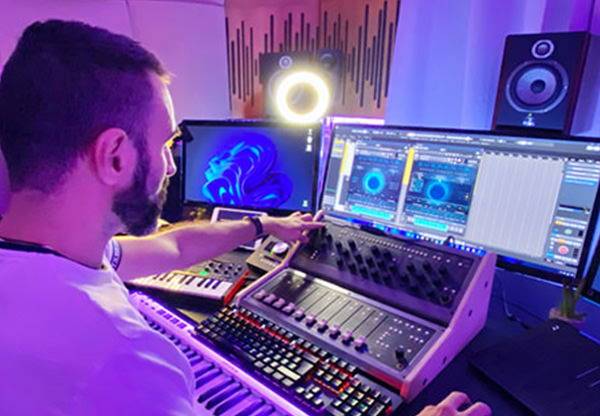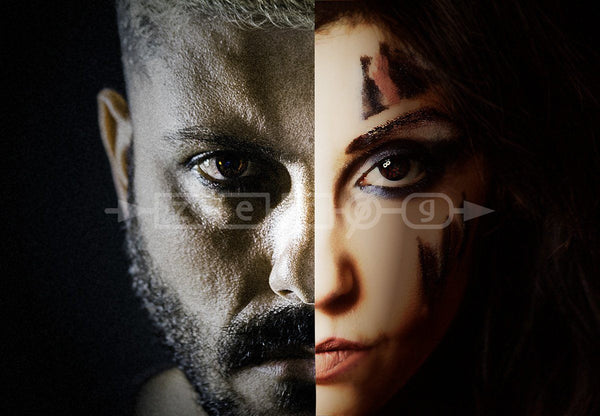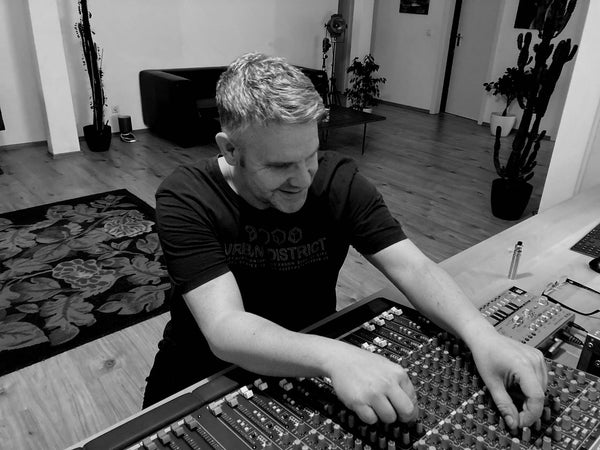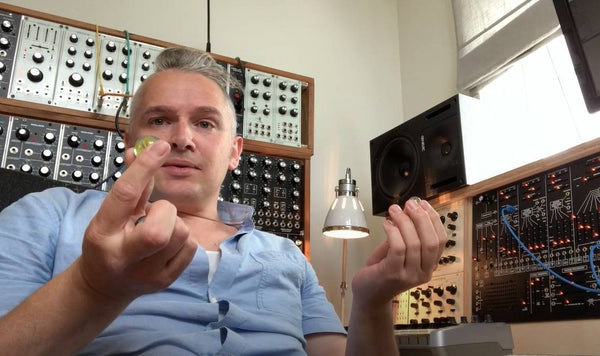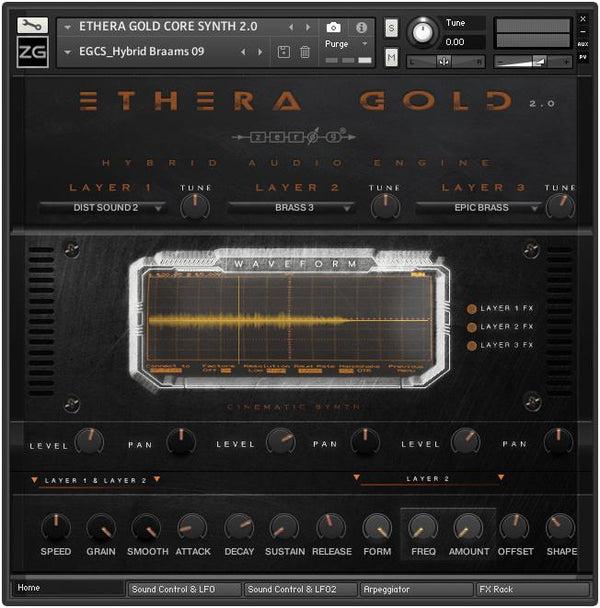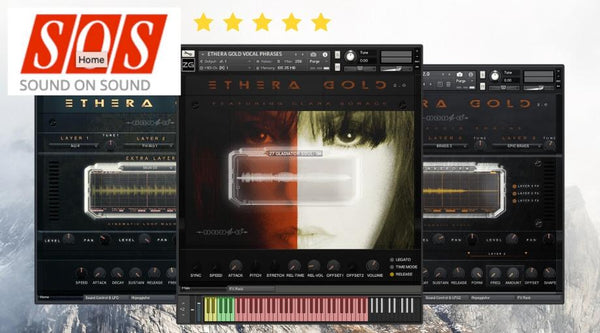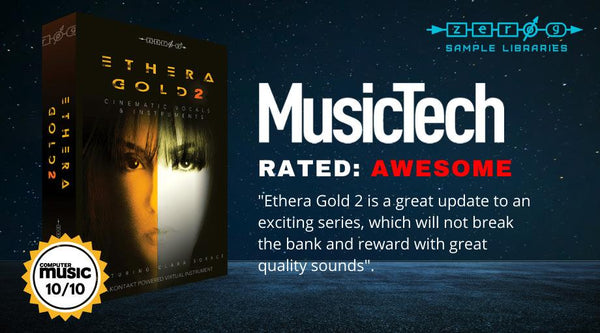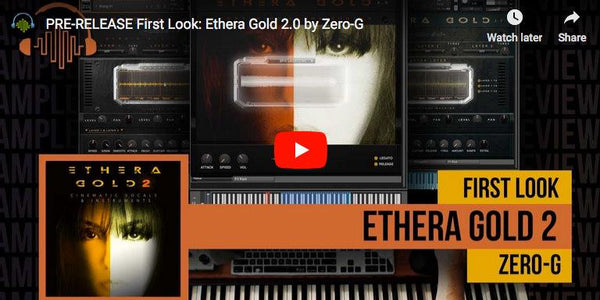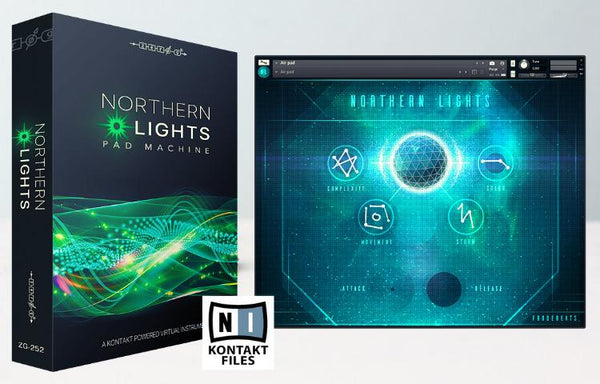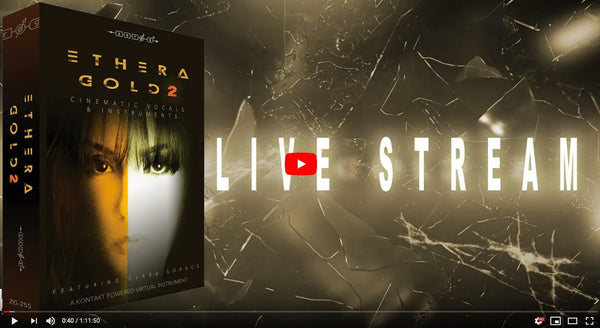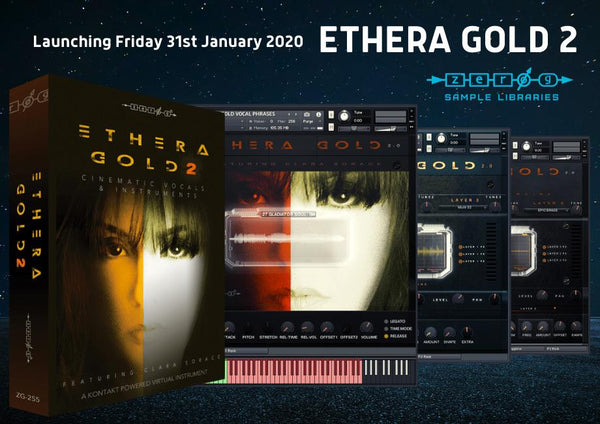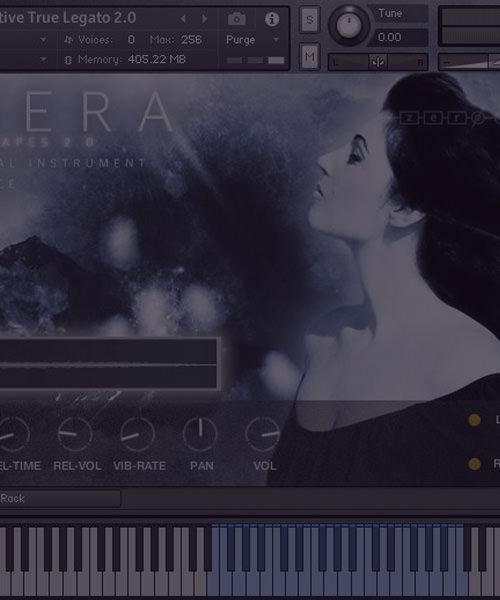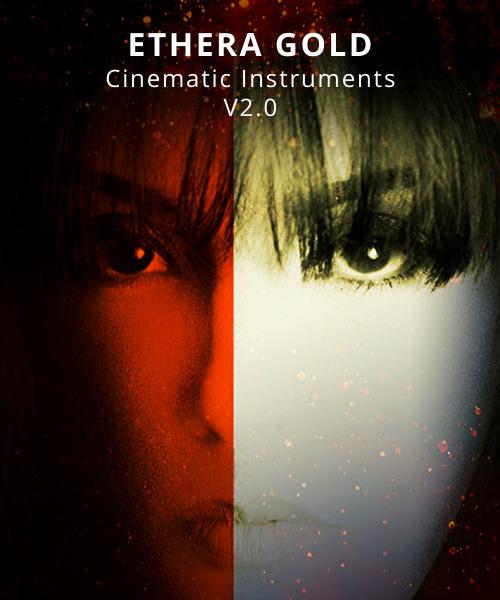I got chatting with up and coming trailer and soundtrack composer Giuseppe Vigliotti, and wanted to pick his brains about cinematic and trailer music. His answers were so good that we wanted to share them with all of you!
Hi Giuseppe, first of all, tell us who you are and what you do musically.
Hi. I'm an Italian composer from Rome, like one of the best composers of all time - Ennio Morricone. I started playing guitar at the age of 13 and I grew up listening to artists like the Beatles (my main musical influence), as well as a lot of other music (Classical, Rock, Pop, Metal). Among other things I have scored the soundtracks for trailers of two Italian writer’s book releases: Luca Giannantoni (L'ultima settimana - The Last Week) and Valerio Marra (Il Volto del Male - The Face of Evil). I was also awarded an Honourable Mention Award at the Indie Gathering Film Scoring Competition 2017, a contest where I had to write the soundtrack for the trailer of a wonderful short movie called Roman Citizen by Luca Elmi .
Cinematic music is very different to pop (or even Classical) music. What do you think are the most unique things about Cinematic music that make it so different from other forms of music?
When you score for a horror movie scene you can use, for example, only violins playing a single high note for all the scene to transmit anxiety and fear. Writing for movies frees you from the traditional concept of a song structure (verse, chorus, bridge) and lets you experiment with many different sounds. A soundtrack, too, can be written using the "conventional" song structure, or be totally free from it. An example is the song "The Mole" by Hans Zimmer (Dunkirk Soundtrack) where he start with dark and ethereal sounds followed by a growing synth pulse. This track is made entirely with synths and sound design, there isn't a real melody, but it perfectly fits the mood of the movie. What I'm trying to say is that you can write a beautiful movie soundtrack without a memorable or catchy melody, if it serves the movie. There are a lot of sample libraries which gave you the starting point for an underscore soundtrack but with imagination you can make new sounds by yourself. For instance try recording a melody on piano, reverse it and then add delays and reverbs!
When it comes to film, how important is music, really?
Music can help a director to amplify his mood, his vision. So the dialogue between the composer and the director is very important because one serves the other, not the other way around. On the other hand, inappropriate music can literally destroy a beautiful film. Imagine a tense Star Wars scene with the music of "The Benny Hill Show" on it!
How much work would you normally do with the film writer/director before beginning to score a soundtrack?
We talk a lot on what they want the music to do for the movie. Then I sit down and try something. Some composers need to be alone when write music. Others want the director stay close, at the beginning at least, to let listen them "on the fly" and catch the mood together. I'm in the middle of the two.
Do you tend to score the entire film and then let the director/producer cut what they don’t want - or do you purposely leave silence throughout sections of the film for effect?
If you have to score a movie already shot you can talk about it with the director. They can tell you when they want music and when they don't. Otherwise you can start scoring your music and, maybe, the director could adjust the timeline of the video according with the music. This is quite typical when writing trailer music.
How do you prepare to write a soundtrack, what steps do you go through to get ready?
Sometimes the movie has already been shot so you can watch it and let the scenes help you find the right mood. Other times the soundtrack is a result of the dialogue between me and the director (and the producer too). In both cases the dialogue with them must be constant, because we have to remember we are not creating a music for our taste. A wonderful soundtrack that doesn't fit the movie is useless! Before I start composing I need to check that all my physical instruments are in tune because I don't even know when I could need one of them. Once I've done that I’ll open my template on my DAW, Cubase, to have instrument tracks ready to record. One of the most important things to do before I start composing on a video that has already been shot is to put markers on the video timeline to highlight the most important points. You can then, for instance, raise the tension leading up to an explosion or a certain camera shot.
Are there any certain instruments or synths that you gravitate to on every project?
I like to experiment on every track, so every beginning is different. If I want to score an epic hero theme I can, for instance, start with percussions at different tempos to try to find the right character for the piece. If I write an inspiring, emotional, theme I could start with piano or with a flute or a harp. Nowadays, with computers, we can play every instruments we want and then, eventually, change it later.
What advice would you give to anyone looking to write cinematic music - but no idea where to start?
My advice is to "listen" to a lot of films and then steal with your ears! Try putting a movie scene on a second monitor, or on a tablet, with no audio on it and then start playing as if you were the composer of that movie. Focus on the most important part of that scene (a camera shot, a kiss) and let your track serve it. Be creative. No one will stop you playing a slow piano theme during a high adrenaline scene if it works!
What do you feel the relationship between sound design and soundtrack composition is? With composers like the previously mention Hans Zimmer using more and more sound design in their soundtracks, do you think composers need to be equal parts musicians and sound designers to create the kind of soundtracks that people want nowadays?
If you need to write a score for a romantic movie you could use less synthetic sounds to provide the right emotions, while for a "Marvel style" movie we can use more "boombastic" sounds. I think that the ability of a composer to offer a wide range of musical possibilities can only please a director, who can listen and choose what it's best for their movie.
What are some of your favourite film soundtracks and why?
- Gabriel's Oboe (The Mission) by Ennio Morricone. Poetry with no words
- Forrest Gump (Feather Theme) by Alan Silvestri. A very simple melody that evolves in a such beautiful way
- Batman by Danny Elfman. The only and one Batman theme. Made by a guy with no musical education... just like me!
- The Last of the Mohicans by Vangelis. Epic, glorious and uplifting.
-Indiana Jones by John Williams. One of the easiest music score to remember and you just can’t get it out of your head!
What kind of musical tricks do you use to make a soundtrack sound really epic or grand?
When I'm composing an epic, heroic, track I usually start writing an ostinato pattern on strings and then try and write a melody around it using french horns or maybe a solo cello. Then I can duplicate the melody on other instruments (brass or choirs) or maybe create a counter melody played by strings. After that I work on percussion by layering different instruments to get that "epic" Hollywood sound. When I find the right overall sound I begin recording every single instrument.
An important aspect of composing a soundtrack is not to bore the listener by repeating the same loop or pattern, but adding something new every 16 bars (or less). An example is the song Time by Hans Zimmer.
Another trick is to stop all the instruments just before the chorus, or the main part of the song, leaving only the reverb sound and let it fade out... Then, when you play the main part, it will sound bigger.
Sometimes, when inspiration lacks, I load a piano and a sustained strings library together. It can give a lot of new ideas. For Cubase users your DAW has a wonderful tool called "Chord Assistant" who can help a musician that isn't trained to choose the right chord progression in the Circle of Fifths.
When you are composing an orchestral track, think which instruments will play in the low, mid and high register. A good mix starts from a good arrangement.
What 5 pieces of advice would you have for someone about to start writing their first bit of trailer music, or their first soundtrack?
- Experiment, as I already said. Hans Zimmer is a master of experimentation!
- You don't know when a music theme will enter in your head... You can use the recorder of cell phones to sing or whistling and record it!
- If a theme sounds good on piano try and play it using another instrument as well… maybe it will sound even better!
- Try to listen what have you written the next day... if it's good even after you slept on it maybe it's really good!
- Let children listen your music. Children don't know anything about music theory but they listen with their heart. If you touch it you win!
Check out Zero-Gs best cinematic titles here!
You can find Giuseppe and his work in the following places:
Soundcloud : https://soundcloud.com/giuseppe_vigliotti
Youtube : https://www.youtube.com/giuseppevigliotti
Twitter : https://twitter.com/gvigliotti77
Facebook : https://www.facebook.com/MusicAndSoundtracks/

